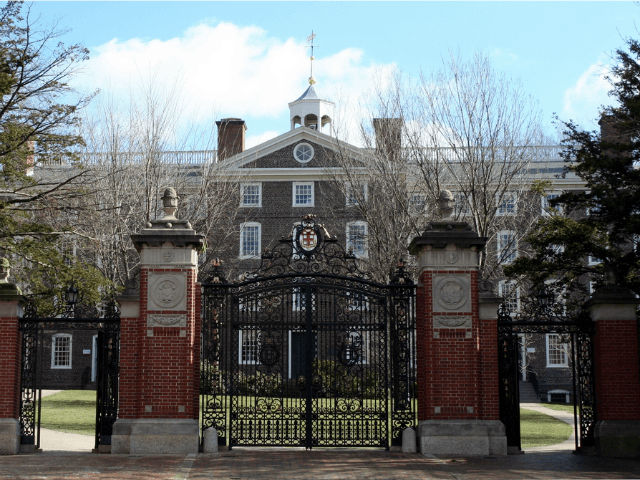In a column published by the New York Times on Sunday, Brown University President Christina Paxson laid out a plan to reopen universities and colleges in the fall. Most universities and colleges around the United States were forced to shut down their campuses in March in response to the Chinese virus pandemic.
In a column published by the New York Times on Sunday, Brown University President Christina Paxson argued that universities and colleges can reopen in the fall if administrators take proper precautions to minimize the spread of the Chinese virus. Paxson outlined some of the precautionary measures that universities may adopt to make it feasible to reopen campuses in the fall.
Although university classes have been taking place online during the Chinese virus pandemic, Paxson argues that universities will suffer financially if they do not reopen their campuses in the fall. “The extent of the crisis in higher education will become evident in September. The basic business model for most colleges and universities is simple — tuition comes due twice a year at the beginning of each semester,” Paxson wrote. “Most colleges and universities are tuition-dependent. Remaining closed in the fall means losing as much as half of our revenue.”
To achieve this end, Paxson argues that colleges and universities must be equipped with enough rapid testing kits to regularly monitor the health of their students. Paxson claims that all students should be tested when they first arrive on campus in the fall and then at regular intervals throughout the year.
Testing is an absolute prerequisite. All campuses must be able to conduct rapid testing for the coronavirus for all students, when they first arrive on campus and at regular intervals throughout the year. Testing only those with symptoms will not be sufficient. We now know that many people who have the disease are asymptomatic. Regular testing is the only way to prevent the disease from spreading silently through dormitories and classrooms.
Paxson noted that many areas of campus life will be affected by mitigation efforts. For example, athletic events may take place without fans, and parties may be replaced by video conferences.
Our students will have to understand that until a vaccine is developed, campus life will be different. Students and employees may have to wear masks on campus. Large lecture classes may remain online even after campuses open. Traditional aspects of collegiate life — athletic competitions, concerts and yes, parties — may occur, but in much different fashions. Imagine athletics events taking place in empty stadiums, recital halls with patrons spaced rows apart and virtual social activities replacing parties.
Some universities are not planning to reopen their campuses by the beginning of the fall semester. Breitbart News reported that California State University-Fullerton has already announced that fall classes will begin online. Boston University announced in April that they may not reopen their campus until January 2021.
Stay tuned to Breitbart News for more campus updates.

COMMENTS
Please let us know if you're having issues with commenting.